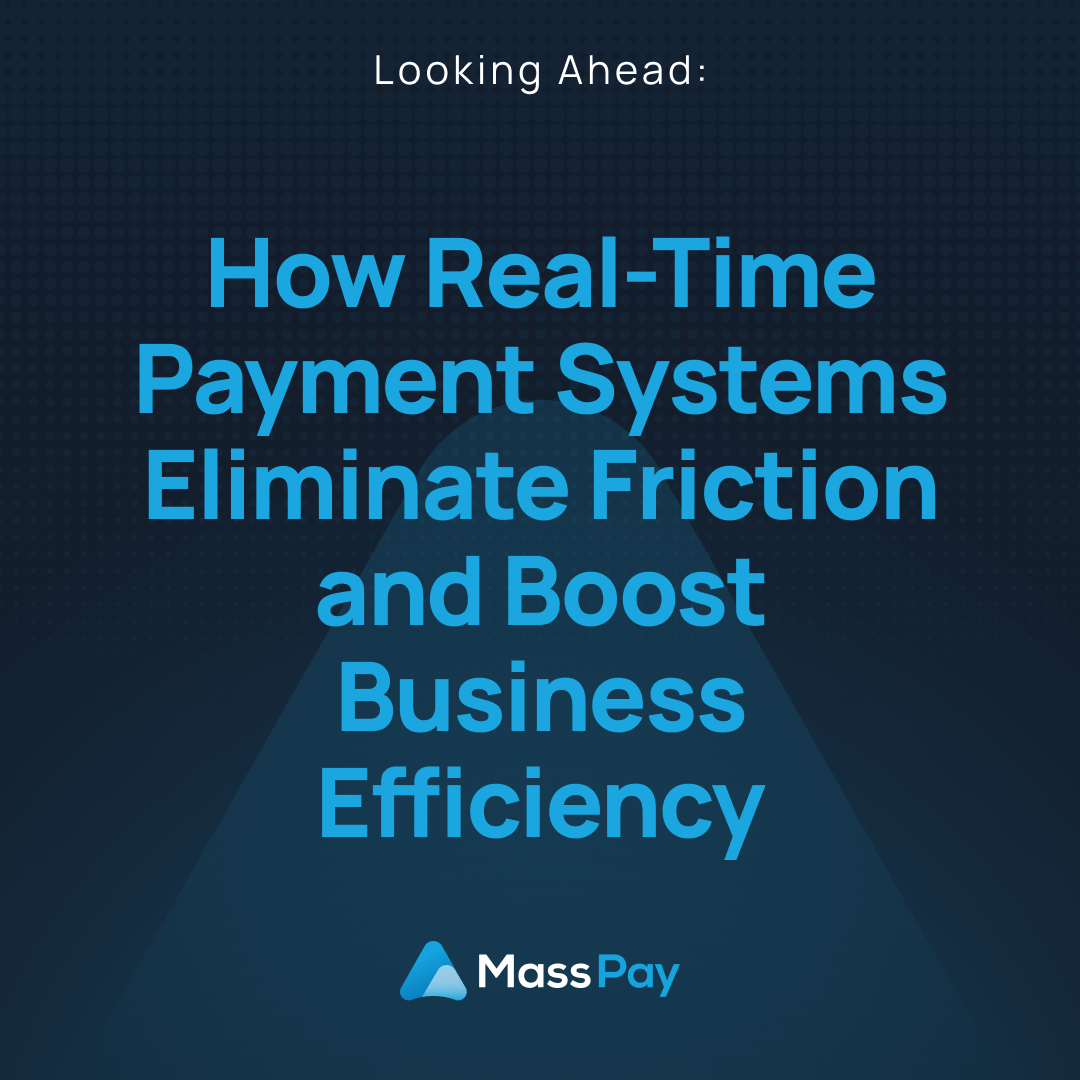Global Payout Methods
Businesses have more options than ever for cross-border payouts. Each option presents unique advantages and challenges. Regional preferences also...
3 min read
Chris Rechtsteiner
:
Jun 11, 2024 7:00:00 AM

Businesses paying workforces across borders need a suite of payment methods to keep contractors and talent happy.
According to the European Payments Council (ECB) latest report (last updated February 14, 2024) shows that as of 2022, SEPA credit transfers totaled 42,569.72 million and direct debits amounted to 21,635.42 million transactions across Europe, with Germany and France leading in both categories.
With SEPA, organizations conducting payment and payout transactions in Euros can adapt to the diverse needs of payees, and global companies can expand their markets by offering a simplified payout system available in 36 European countries.
Learn more about how integrating SEPA into your payment systems can ensure seamless transactions and exceed expectations while keeping your business compliant. Then, discover how MassPay can take these benefits and make them a reality for your business.
Single Euro Payments Area (SEPA) is a payout initiative by the European Union that creates a unified standard solely for Euro-based transactions. This payout endpoint allows users and businesses to make cross-border payments quickly and seamlessly throughout Europe.
SEPA aims to simplify financial transactions. It supports 36 countries, including all EU member states and several other European nations outside the EU.
Within Europe, SEPA is a foundational component for financial operations. SEPA drives efficiency, reduces costs significantly, and increases long-term economic collaboration across borders.
With rapid processing times, SEPA's standardized framework enhances liquidity management, making it an essential component for European business and life; if you're not regularly using SEPA, you're already behind.
Some of the most critical benefits of SEPA include:
As a payout type that integrates with the European banking system, SEPA uses a common grouping of standards, such as International Bank Account Numbers (IBAN) and Bank Identifier Codes (BIC), to ensure consistency and connectivity between all member institutions. With its seamless integration, SEPA provides faster reconciliation and transaction times.
Two examples of SEPA applications in payouts are:
SEPA integration enhances compliance, and standardizes data for comprehensive reporting and reconciliation while simplifying the management of European transactions.
Credit transfers and direct debits are often at the core of complex payment systems, enhancing efficiency and streamlining operations.
If you aren’t familiar with SEPA, the scale will surprise you. Here are a few statistics from the European Payments Council:
Here's a brief breakdown of some of the top EU member states that transact in and pay to the UK:
SEPA is crucial because it enhances compliance, standardizes reporting and reconciliation data, and simplifies European transactions, making it a critical component for businesses operating in Europe. Learn more below about how SEPA integration improves transaction speed, compliance, and efficiency:
Integration affects speed:
Integration enhances compliance:
Integration optimizes reporting:
As the cornerstone for transactions within the European market, SEPA provides companies with a new level of transaction speed, uniformity, and cost-effectiveness.
Forward-thinking organizations that integrate SEPA into their payout methods will quickly find that their payment operations are more efficient and that they spend less time on manual process management.
MassPay offers payout solutions that allow businesses to seamlessly integrate new payout types into existing systems while ensuring compliance and satisfying customer preferences.
Check out MassPay’s website today and find out how you can transform your business by implementing popular payout endpoints, like SEPA, into your available payment methods, and watch how fast your business starts to grow.

Businesses have more options than ever for cross-border payouts. Each option presents unique advantages and challenges. Regional preferences also...

Solving Payments Puzzles Traditional payment systems have long been the backbone of commerce, but they’re often slow, complex, and riddled with...

PAYMENT ORCHESTRATION: THE FUTURE OF GLOBAL PAYOUTS The Payment Orchestration market is projected to grow at a compound annual growth rate (CAGR) of...